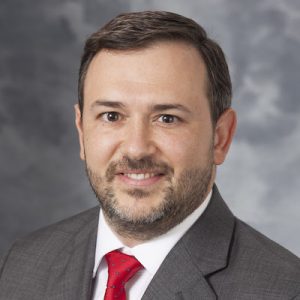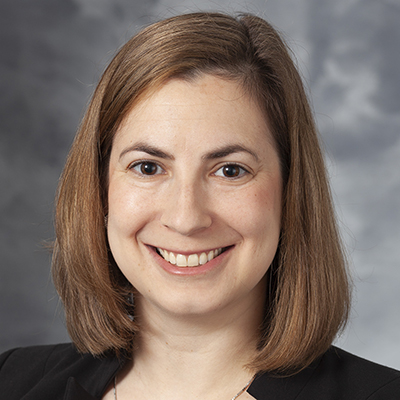Opioid Prescribing Toolkit
This toolkit includes sample performance reports, action plans, worksheets, recommended readings and more.
Quality Initiative Summary
Learn why SCW started this initiative, what we are trying to change in practice, and how we will implement the changes.
Opioid CME Module
An ACS and MEB-accredited course focusing on surgical pain management and opioid stewardship.
The Problem
- Opioid overdoses are a leading cause of death in Wisconsin.
- Wisconsin’s age-adjusted, per capita rate of opioid-related deaths (14.5 per 100,000 in 2018) consistently exceeds national averages.
- The most common path to opioid addiction is access to legally prescribed opioid pain medications. Surgeons are among the most common sources of opioid prescriptions.
- Existing prescription monitoring tools such as the Physician Drug Monitoring Program (PDMP) do not provide benchmarked data regarding prescribing practices or long term data about patients’ continued opioid use after surgery.
- Without these data, surgeons cannot make informed decisions about their own prescribing practices or advocate for change within their own communities.
How can SCW help?
- Provide surgeons with confidential, benchmarked performance reports using existing administrative data describing their opioid prescribing practices after common surgical procedures.
- Distribute best practices and guidelines for perioperative pain management and opioid prescribing.
- Analyze opioid prescription fills following surgical procedures in Wisconsin to identify further opportunities for education and prescription reduction.
- Create a platform for both in-person and virtual collaborative learning to discuss and refine best practices for perioperative pain management and reduce unnecessary opioid prescriptions.
Interested in Participating?
- Click here to learn how you can join.
- We welcome participation by surgeons, nurses quality improvement specialists, and others involved in the care of surgical patients.
- Click on the toolkit below to view sample performance reports, recommended readings and more.
Initiative Leaders


Why Postoperative Opioid Prescribing?
Location
Opioid-related deaths in Wisconsin consistently exceed national averages. In 2018, an estimated 1 in 6 Wisconsin adults used a prescribed opioid. Postoperative pain is the most common reason for opioid prescriptions (35.6%), followed by back pain (14.6%).
Evidence-based guidelines have impact
There is evidence that surgeons overprescribe opioids after surgical procedures, leading to unused opioids available for diversion into the community.
Ensure equal access to high-quality surgical care
Evidence-based guidelines are effective for reducing opioid prescribing after surgery while providing adequate postoperative pain management.
